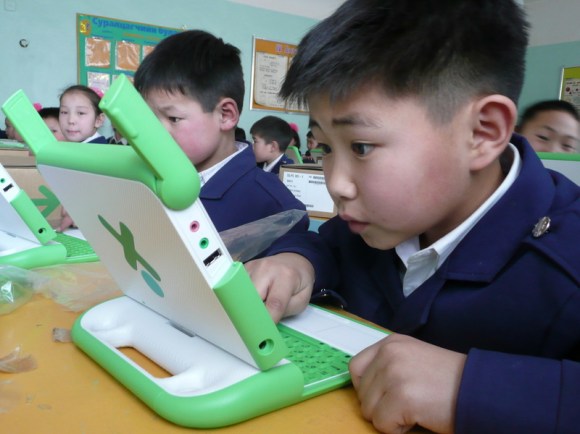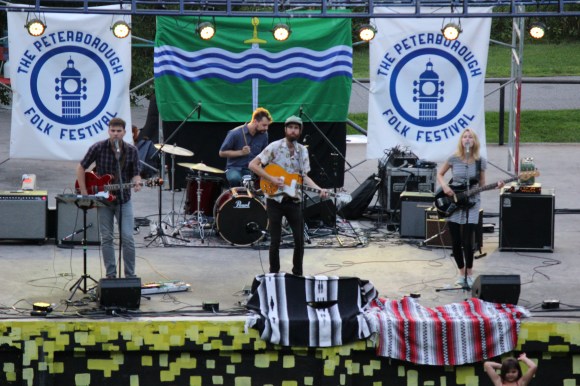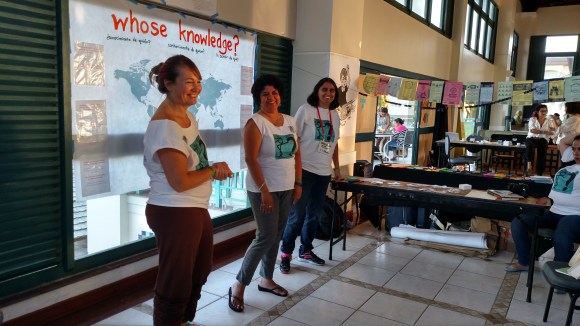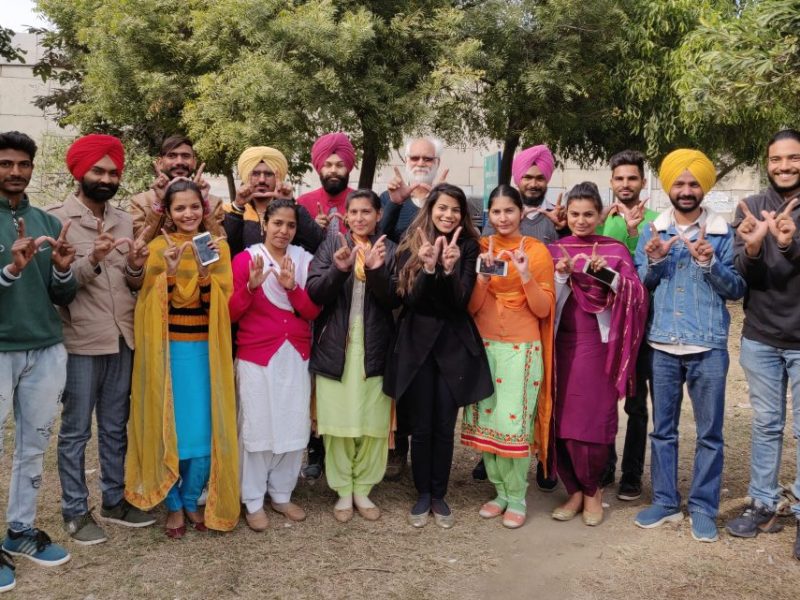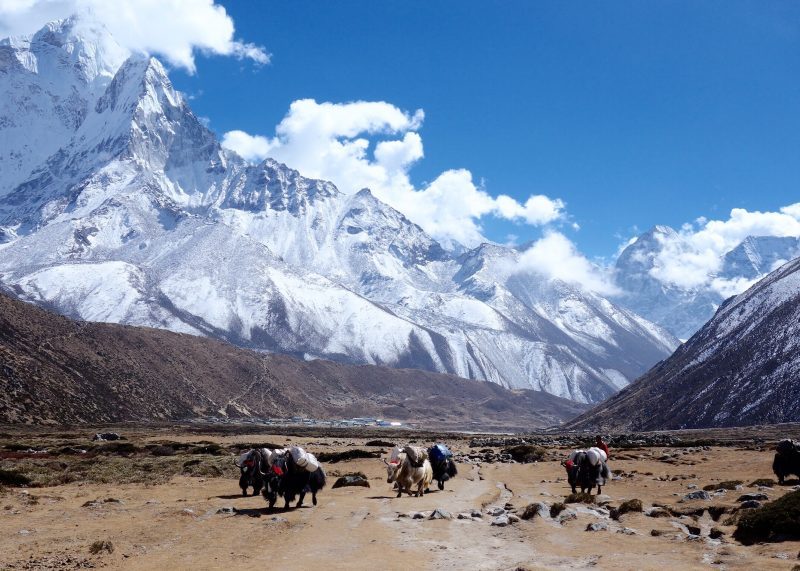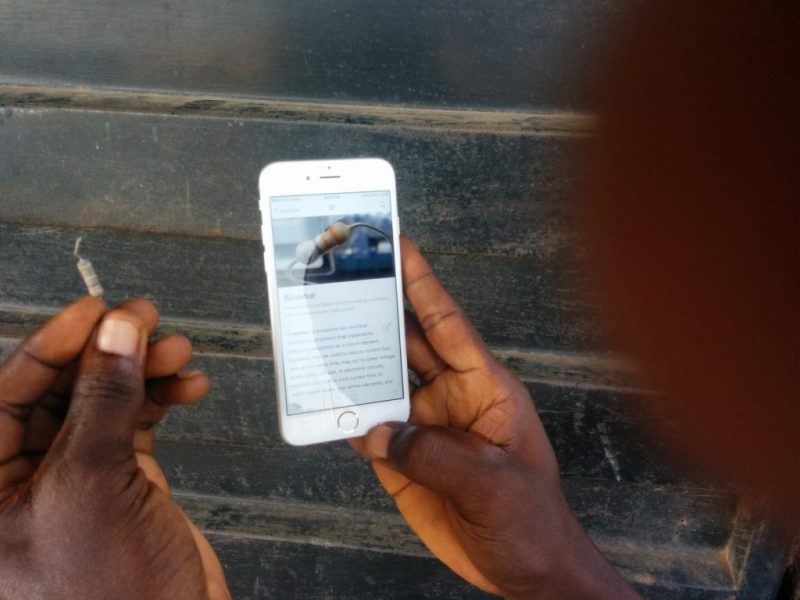We are excited to announce the successful grantees from the second round of the Wikimedia Foundation’s new Project Grants program.
Project Grants support individuals, groups and organizations to implement new experiments and proven ideas, whether focused on building a new tool or gadget, organizing a better process on your wiki, researching an important issue, coordinating an editathon series or providing other support for community-building.
When we initially announced the Project Grants program earlier this year, we piloted a quarterly schedule for proposal submissions. After two rounds of piloting, we have realized we aren’t sufficiently staffed to support 4 rounds per year. As a result, our existing grantees have not gotten the level of support that we want to offer to maintain the integrity of our programs. Our goal is to not just to offer funds, but to facilitate the growth and success of grantees and their projects. Consequently, we are scaling back to make sure we offer quality support all the way through the life of our grants.
In 2017, we will run two—rather than—four open calls. We have revised the 2017 schedule accordingly, with details about the next round posted on the Project Grants Start page. The Foundation will continue to fund smaller project grants (under $2,000) on a rolling basis through the Rapid Grants program. Assessment of the design of all our new grants programs will be ongoing as we seek to meet the needs of the community and align with Foundation’s resources and capacity. We will be doing a community survey in early 2017 to understand how the changes have impacted our grantees.
Project Grants are reviewed by a volunteer committee currently made up of 17 Wikimedians who come from over 13 different wikis and collectively speak over 15 languages. Outside of our Project Grant committee work, members edit, review, and translate content; help govern local chapters; write software; organize off-wiki events; facilitate workshops; work as sysops and bureaucrats; verify copyright and licensing permissions; draft and discuss project policies; and recruit and welcome new users to Wikimedia projects. Many members also serve as advisors to new grantees, helping to answer questions, connect them to relevant resources, and comment on monthly and midpoint reports.
In this latest round, a total of 21 eligible proposals were submitted for the committee’s review. The committee recommended that twelve projects be funded to receive $194,490, divided into three themes: software, offline outreach, and online organizing. Here is what we are funding:
Software: four projects funded
- Kiwix/Offline medical: Wikimed is a medical encyclopedia app that runs on the offline platform Kiwix. It serves as a powerful resource for its users, who are predominantly based in areas of the Global South with limited connectivity. This project will update the existing Kiwix code to improve access and content quality, benefitting both Wikimed and other Wikimedia projects supported by Kiwix.
- Video templates: Video is used by Wikimedians for many reasons, like sharing on social media, providing trainings, reporting on successes and more. This project will produce templates to enable volunteers to more easily develop professional-level videos compatible with our visual identity guidelines. The templates will be developed for open source software.
- GLAMpipe: GLAMpipe is an open source web application that allows GLAM institutions to upload and process more complex data sets. Initially developed in 2016 with support from the Finnish Ministry of Education and Culture, the grant will fund the next phase of improvements, focused on adoption by key GLAM-Wiki contributors, and extension of the tool to bring data to Wikidata.
- Fountain: Running wiki contests involves extensive preparation for organizers and volunteers, from devising requirements and guidelines, to scoring edits and determining winning participants. Fountain is a tool that creates and organizes online contests, and includes the ability to review edited quality articles. It has already been used on Russian Wikipedia, and was used by organizers of Asian Wikipedia Month in November 2016! This grant will expand the tool for multiple-language and multi-project environments.
Offline outreach: seven projects funded
- Offline Wikipedia outreach in Mongolia: Progress Gateway, an NGO that specializes in building better education in Mongolia, will lead a pilot project that will integrate offline Wikipedia into classroom curriculum in both urban and rural areas. With support from the Ministry of Education, the project aims to build skills in utilizing English Wikipedia, and provide an introduction to editing in Mongolian Wikipedia.
- Let’s fill the gender gap through community building: This project seeks to build on the success of the Let’s fill the gender gap workshops for another year. Focused on building motivation among new female volunteers in the Geneva region, regular meetings will be hosted to build personal relationships among participants and a sense of belonging to the Wikimedia community as a whole.
- Joburgpedia 2016: Wikimedia South Africa, in partnership with South African History Archives, will be engaging participants in edit-a-thons and in a digitization initiative as part of Johannesburg-based Joburgpedia. Notably, this project will include documentation of the work of photojournalist and activist Gille De Vlieg, who photographed life in South Africa’s townships and shanty towns during the Apartheid era.
- Music in Canada @ 150: A Wikipedia and Wikidata Project
This project aims to fill a gap in content about Canadian music. Through a collaboration between music communities, librarians and music archivists across the country, a series of offline events will strategically encourage new contributions to both Wikipedia and Wikidata.
- Bashkortostan User Group Event Planning for Q1 2017: Through this multi-part project, Bashkortostan Wikimedians will run contests, conduct trainings and offer social meet-up opportunities to build the volunteer community contributing to Bashkir language Wikimedia projects.
- Initialization project for Iraq Wikimedians User Group: The Iraqi User Group will run a multi-part project focused on: building the user group, conducting trainings and editathons, hosting photo trips, coordinating Wiki Loves Earth and Wiki Loves Monuments campaigns and launching their first version of the Wikipedia Education Program.
- Wikimedia Belgium Public facing activities 2017: Two years after its founding, Wikimedia Belgium seeks to further build its capacity by developing GLAM partnerships, establishing education programs and expanding its volunteer community through offline events.
Online outreach: one project funded
- Whose Knowledge?: This project seeks to build a base for a global campaign to create, collect and curate knowledge from and with marginalised communities. The grantees will pilot their model with two communities: the Dalit community in India and its diaspora in the US, and women’s human rights defenders in the global South.
Analysis of trends
When we created Project Grants, we sought to make room for both innovative projects that experiment with new ideas, and iterative projects that replicate on known ideas that work. In this second round of grants, we received a sampling of both kinds of grants.
Among projects focused on innovation, we saw a strong interest this round in supporting users with little or no internet connectivity, with several proposals seeking to improve access to Wikimedia projects through Kiwix, an app that provides offline access to Wikimedia projects. Within the Foundation, recent research conducted by the New Readers team has sparked fresh discussions about how we can better serve internet users in countries with developing internet access. Three projects we’ve funded this round will help us probe this question. Kiwix/Offline medical will apply a technical solution, seeking to make it easier to download and regularly update Kiwix-based apps, and building more capacity to display high quality images. Offline Wikipedia outreach in Mongolia will apply an offline solution, aiming to build curricular infrastructure that would allow offline Wikipedia to be seamlessly integrated into the public education system in Mongolia. Lastly, though not specifically focused on offline readers, Whose Knowledge? has a complementary goal: it seeks to build a toolkit to engage marginalized communities in a process to identify and fill gaps about their knowledge on our projects. As additional communities come online, this resource will be one aid to facilitate contributions of missing content most relevant to new readers.
Among projects focused on iteration, we received robust engagement plans from four different Wikimedia movement affiliates. Wikimedia Belgium, Wikimedia South Africa, the Iraq User Group and the Bashkortostan User Group will all be funded to conduct offline activities including: edit-a-thons, trainings, social meetups, GLAM activities, education programs and campaigns. We are glad to be able to support the development of movement leaders who are building strong volunteer communities around the world.
We received many compelling proposals this year that the committee decided not to fund. We encourage applicants who were not successful in this round of funding to refine and resubmit their proposals in upcoming rounds or to pilot a smaller project in Rapid Grants. Return proposals that have been revised in response to community and committee feedback are warmly welcomed. The open call for Project Grants 2017 round one will launch on February 13, 2017, with applications due March 14, 2017.
Directly prior to the Project Grants open call, an Inspire Campaign will be launched in January to invite community ideas on engaging and developing partnerships with outside knowledge networks—such as experts, libraries, and cultural institutions—to improve the quality of content in our projects. These ideas may be developed into Rapid or Project grants in cases where funding is needed.
We look forward to reviewing your suggestions and future submissions, but for now we say congratulations to the successful grantees and encourage you to follow their progress as they begin work in the coming weeks.
Marti Johnson, Program Officer
Alex Wang, Program Officer
Wikimedia Foundation

